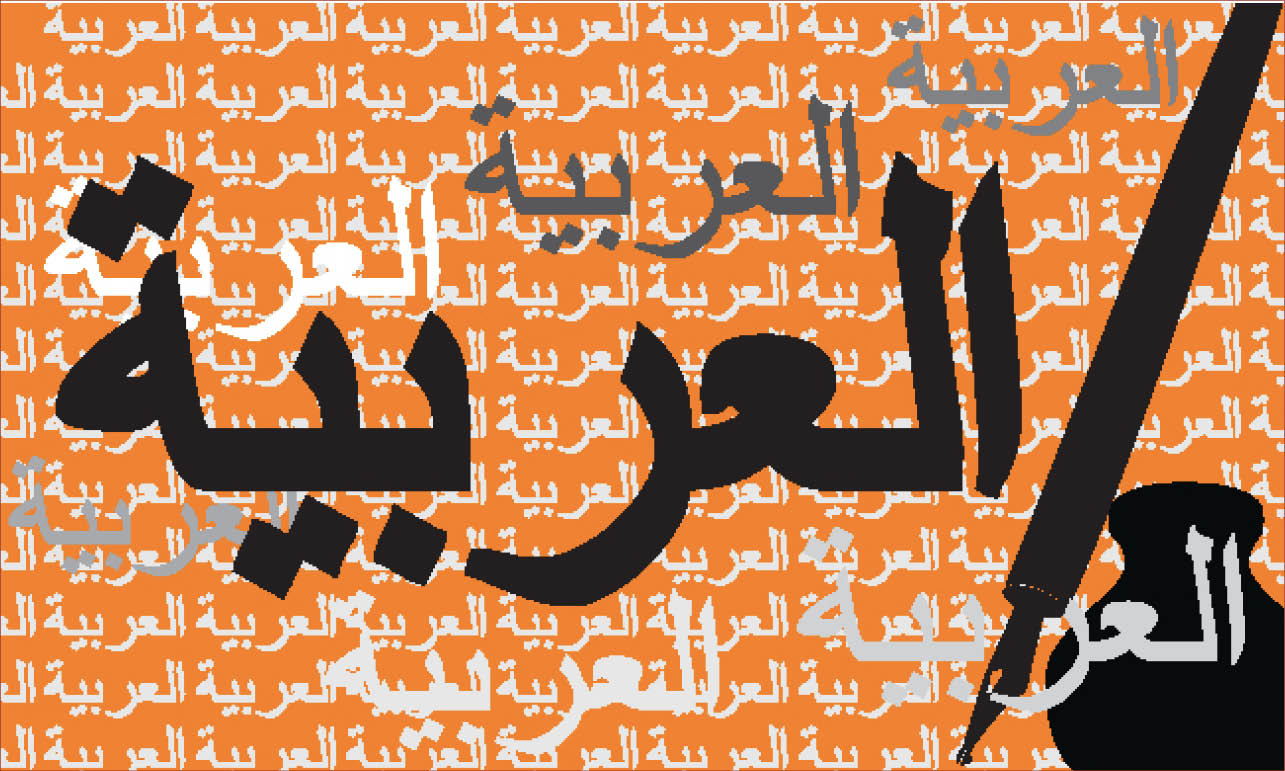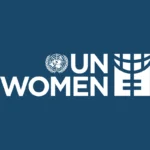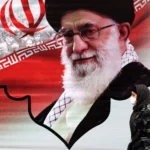Today, Saturday December 18, 2021 is this year’s World Arabic Language Day (WALD). Also known as the UN Arabic Language Day, the WALD is observed annually on December 18. The day, which was first established by the United Nations Education, Scientific and Cultural Organization (UNESCO) in 2010, is designed to celebrate Arabic Language and promote cultural diversity. The date for WALD signifies the day in 1973 when Arabic became the sixth official language of the UN. Other official languages of the UN and the day they are celebrated are English (April 23), French (March 20), Russian (June 6), Spanish (October 12), and Chinese (November 12).
Arabic is a language with rich history that is spoken by over 420 million native speakers and used by about 1.5 billion Muslims around the world including UNESCO’s 22-member states. Although not many people associate Arabic language or Arab scholars with the early beginnings of science, the contribution of Arab philosophers made mainly through Arabic language to the development of science, medicine, mathematics and literature through ages is so huge to be ignored.
- MOVIE REVIEW: Making the yuletide memorable in ‘A Naija Christmas’
- Monarchs hide as gunmen intensify attacks on palaces
Being the only modern language written and read in a right-to-left form, Arabic is the only human language, according to Islamic literatures, which is spoken here on earth and in life after death. Arabic words have been borrowed by many world languages. More than 7,000 words in the English language are either Arabic or derived from Arabic. Cotton, coffee, alcohol, saffron, emir and giraffe are few examples of words ‘borrowed’ directly or indirectly from Arabic.
The theme for this year’s WALD is “Arabic Language, a bridge between civilizations.” As part of the events to commemorate the Day, a virtual panel was organized by UNESCO yesterday December 17 during which academics and other stakeholders joined to discuss the historic role of Arabic in creating and transmitting knowledge. As the theme suggests, discussions among experts showcased how Arabic language still functions as an effective tool for enhancing dialogue and building peace. This year’s theme is particularly relevant in an increasingly globalized, digitalized and multilingual societies including Nigeria.
No historical account of modern science and technology would be complete without duly acknowledging the important role played by Arabic language. Greek ideas and philosophy couldn’t have reached Europe without the translation works of Arabic scholars and philosophers who rendered the works of Plato and Aristotle into Arabic. This, by extension, also means that the scientific revolution of the 16th and 17th centuries couldn’t have happened if Greek works had not been translated into Arabic. This is how Arabic served as the first bridge that linked Greek philosophy with European civilization.
In the 8th and 9th centuries, under the Abbasid Caliphs, Muslim civilization entered its golden age; reaching its apogee under Caliph Ma’mun, who in 830AD, established his famous Baytul Hikmah (House of Wisdom) in Baghdad. The House, which was a combination of a library, an academy and a translation bureau, became world’s treasure-garden of knowledge at a time when learning was at its lowest ebb in Western Europe. Arab scholars had to first rely on translations made by Syrian Nosterians. These Syrian translators who rendered Greek works into Syriac and then from Syriac into Arabic became the strongest link between Hellenism and Islam in the same way Arabic translators became the prime link between Hellenism and European scientists. The Abbasid era of translation lasted about a century after 750AD.
However, the decline of Muslim rule in Spain in the 13th century occasioned by crusaders in the West and Mongols from the East led to a rebirth of learning that transformed western civilization. The fall of Bagdad in 1258AD into the hands of Mongols who killed over fifty thousand people including the caliph, burned schools and also devastated libraries marked the beginning of today’s backwardness of not only the Arabs but also of the Muslim world.
Arabic is the first language of algebra, medicine, chemistry, alchemy and astrology. From Ibn Haytham, Ibn Rushd and Ibn Sina of the Middle Ages to Elias Corey (a renowned chemist) of modern times, Arabs and other non-native users of Arabic produced some of the most brilliant scientists in the history of scientific thinking. Muslim Spain taught the West that the earth is sphere. Arabs, particularly Muslims, made significant advances in mathematics, geometric solutions, and trigonometric tables. 5Unfortunately, many English sources understate or completely ignore these contributions.
Now, let’s talk about Arabic and National Integration in Nigeria. Before National Integration, there must be integration at community level. A speaker of any particular language, as a native or non-native user, is a member of the community or nation of the native speakers of that language. If you speak Arabic as a non-Arab, you are an Arabist without necessarily becoming an Arab or Muslim. Every language endears its speakers towards one another. Once you hear someone speaking your language, you practically regard yourselves as one.
Although Arabic is the Language of Islamic scriptures, it is also used by non-Muslims. In Nigeria, for example, a renowned Christian scholar, Isaac Adejoju Ogunbiyi (who now lives in the United Kingdom), is a Professor of Arabic Language and Literature. Prof. Ogunbiyi is, therefore, a member of the Arabic speaking community in Nigeria as much as he is to the Arab world. Other Christian intellectuals of Arabic in Nigeria include Kole Omotosho and Bishop Idowu Feron who obtained a PhD degree in comparative religious studies from Jordan.
Sometime in January 2018, Prof. Ogunbiyi confirmed to this writer that the first set of Arabic graduates (1967) from the University of Ibadan was only three and all of them were non-Muslims. The second set of Arabic graduates (1968) to which Prof. Ogunbiyi belonged was a class of five and Miss Hafsat Akanbi was the only Muslim among them. The use of Arabic by this group of non-Muslims in their interactions with Muslims in Nigeria is an efficient path to national integration and cohesion.
As a bridge between civilizations, Arabic was the language used to document much of West African history. A functional intra-religious integration is achieved when people forget their tribal affiliations as they use of Arabic to observe Islamic religious rites. May Allah (SWT) guide all users of Arabic to preserve the language as a tool for bridge-building, amin. Happy Arabic Language Day!!!




